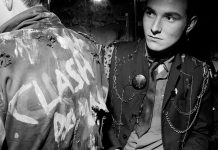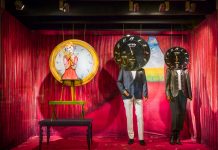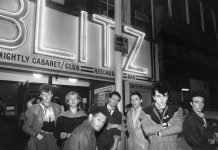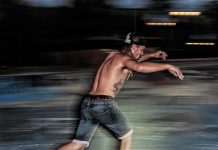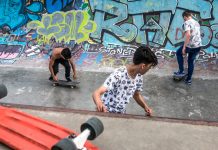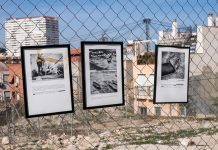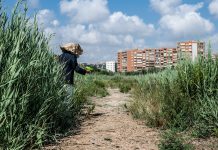

City 01 Skate Days, 2016. Skatepark Monte Tossal (Castillo San Fernando). Alicante. Spain. Two skaters
It appeared that embracing the central values of the subculture (participant control, self-expression, and a de-emphasis on competition) was essential to the authenticity of a skateboarder. As noted previously, these values implicitly challenged those associated with traditional sport and, therefore, nonconformity to mainstream standards was also an indication of authenticity. This must be qualified, because not accepting the rules and regulations of adult authority was the outermost layer of legitimacy. What gave a skateboarder more status was whether his or her style of nonconformity was a creative form of self-expression. From this point, authenticity becomes more fluid; it is the individual expression of self (as long as it challenges some aspect of traditional values and norms of organized sport or society at large).
Quote. Becky Beal & Lisa Weidman. «Authenticity in the Skateboarding World», Faculty Scholarship & Creative Works, 2003




